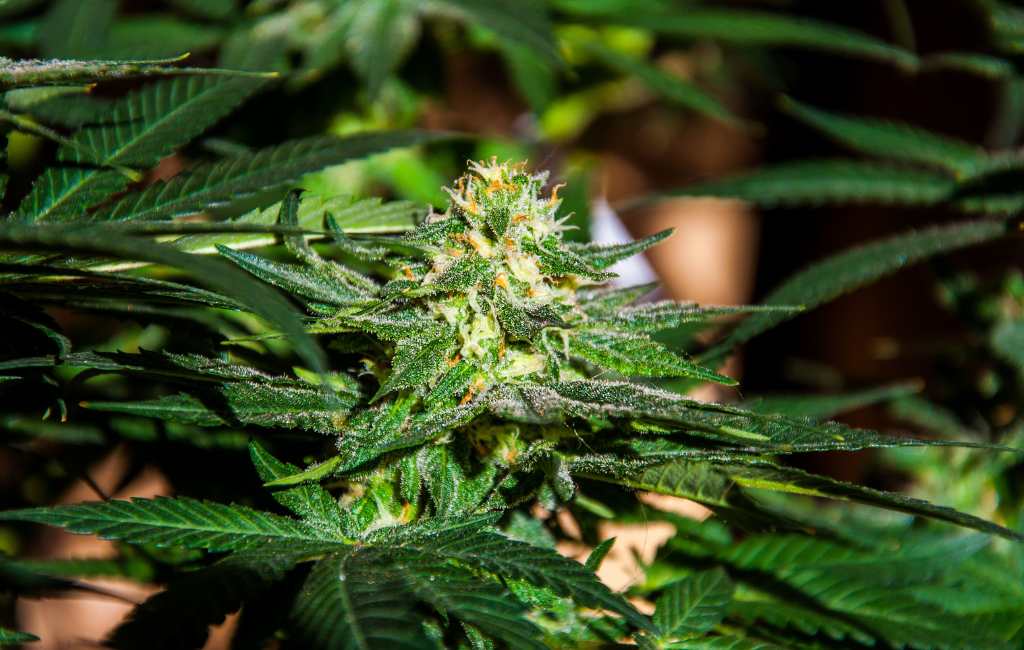The cannabis industry has experienced significant growth over the past decade, with organic cannabis emerging as a prominent trend. As consumers become more health-conscious and environmentally aware, the demand for organic products, including cannabis, has surged. This article explores the factors driving the rise of organic cannabis, its benefits, challenges, and future prospects.
Understanding Organic Cannabis
Organic cannabis refers to cannabis that is cultivated without synthetic fertilizers, pesticides, or genetically modified organisms (GMOs). The cultivation process emphasizes natural methods and sustainable practices, ensuring that the end product is free from harmful chemicals. This approach aligns with the broader organic movement, which prioritizes environmental sustainability and consumer health.
Factors Driving the Demand for Organic Cannabis
Health and Safety Concerns
Consumers are increasingly concerned about the potential health risks associated with synthetic chemicals used in conventional cannabis cultivation. Organic cannabis offers a safer alternative, as it is grown using natural inputs that minimize exposure to harmful substances. This appeal to health-conscious consumers has significantly contributed to the rise of organic cannabis.
Environmental Sustainability
The environmental impact of traditional cannabis farming practices has raised concerns among eco-conscious consumers. Organic cannabis cultivation promotes biodiversity, soil health, and water conservation, making it an attractive option for those who prioritize sustainability. By choosing organic cannabis, consumers can support environmentally friendly practices and reduce their ecological footprint.
Quality and Flavor
Many enthusiasts argue that organic cannabis offers superior quality and flavor compared to conventionally grown counterparts. The absence of synthetic chemicals allows the plant to develop its natural terpene profile, resulting in a richer and more authentic taste. This enhanced sensory experience has driven connoisseurs to seek out organic options.
Benefits of Organic Cannabis
Healthier Consumption
- Reduced exposure to harmful chemicals
- Potentially lower risk of adverse health effects
- Improved overall well-being
Environmental Benefits
- Promotes biodiversity and soil health
- Reduces water usage and pollution
- Supports sustainable agricultural practices
Economic Opportunities
- Growing market demand for organic products
- Potential for premium pricing
- Job creation in sustainable agriculture
Challenges in Organic Cannabis Cultivation
Regulatory Hurdles
The regulatory landscape for organic cannabis is complex and varies by region. Obtaining organic certification can be a lengthy and costly process, posing challenges for small-scale growers. Navigating these regulations requires significant resources and expertise.
Higher Production Costs
Organic cultivation often involves higher production costs due to the use of natural inputs and labor-intensive practices. These costs can be a barrier for growers, particularly in a competitive market where price sensitivity is a concern.
Limited Research and Development
The organic cannabis sector lacks extensive research and development compared to conventional agriculture. This gap in knowledge can hinder innovation and the adoption of best practices, limiting the potential for growth and improvement in organic cultivation methods.
Case Studies: Success Stories in Organic Cannabis
Flow Kana
Flow Kana, a California-based company, has emerged as a leader in the organic cannabis market. By partnering with small, sustainable farms, Flow Kana has created a supply chain that prioritizes environmental stewardship and quality. Their success demonstrates the viability of organic cannabis in a competitive industry.
The Green Organic Dutchman
The Green Organic Dutchman (TGOD) is a Canadian company that produces high-quality organic cannabis. TGOD’s commitment to sustainability and innovation has positioned it as a key player in the organic cannabis market, showcasing the potential for growth and success in this sector.
Future Prospects for Organic Cannabis
The future of organic cannabis looks promising, with several trends indicating continued growth and development. As consumer awareness and demand for organic products increase, the market for organic cannabis is expected to expand. Technological advancements and research will likely drive innovation in cultivation methods, improving efficiency and reducing costs.
Moreover, as more regions legalize cannabis, the regulatory environment may become more favorable for organic growers. This shift could facilitate the entry of new players into the market and promote the adoption of sustainable practices across the industry.
Conclusion
The rise of organic cannabis reflects a broader shift towards health-conscious and environmentally sustainable consumption. While challenges remain, the benefits of organic cannabis—ranging from improved health and environmental outcomes to economic opportunities—are driving its growth. As the industry continues to evolve, organic cannabis is poised to play a significant role in shaping the future of cannabis cultivation and consumption.
